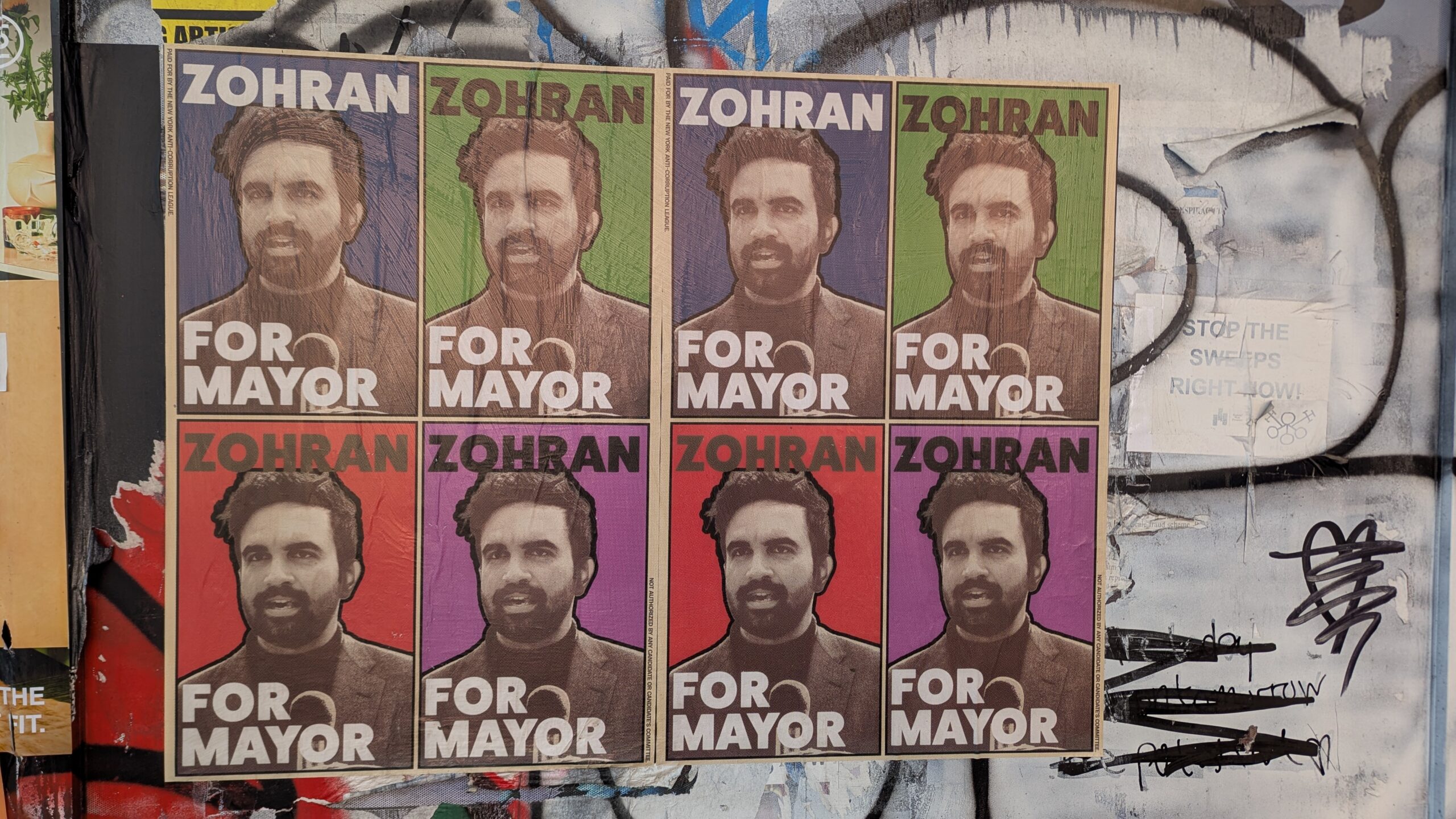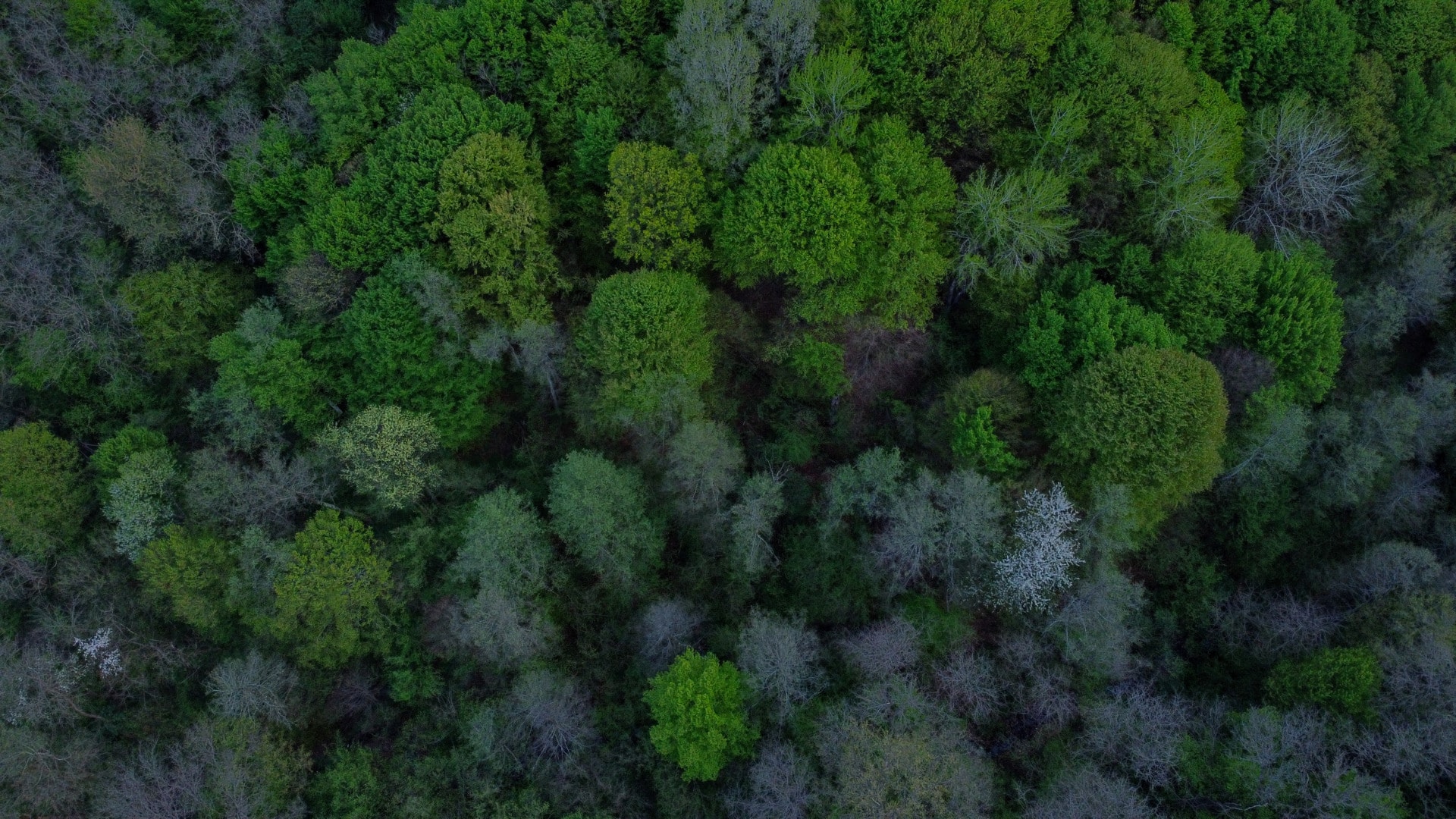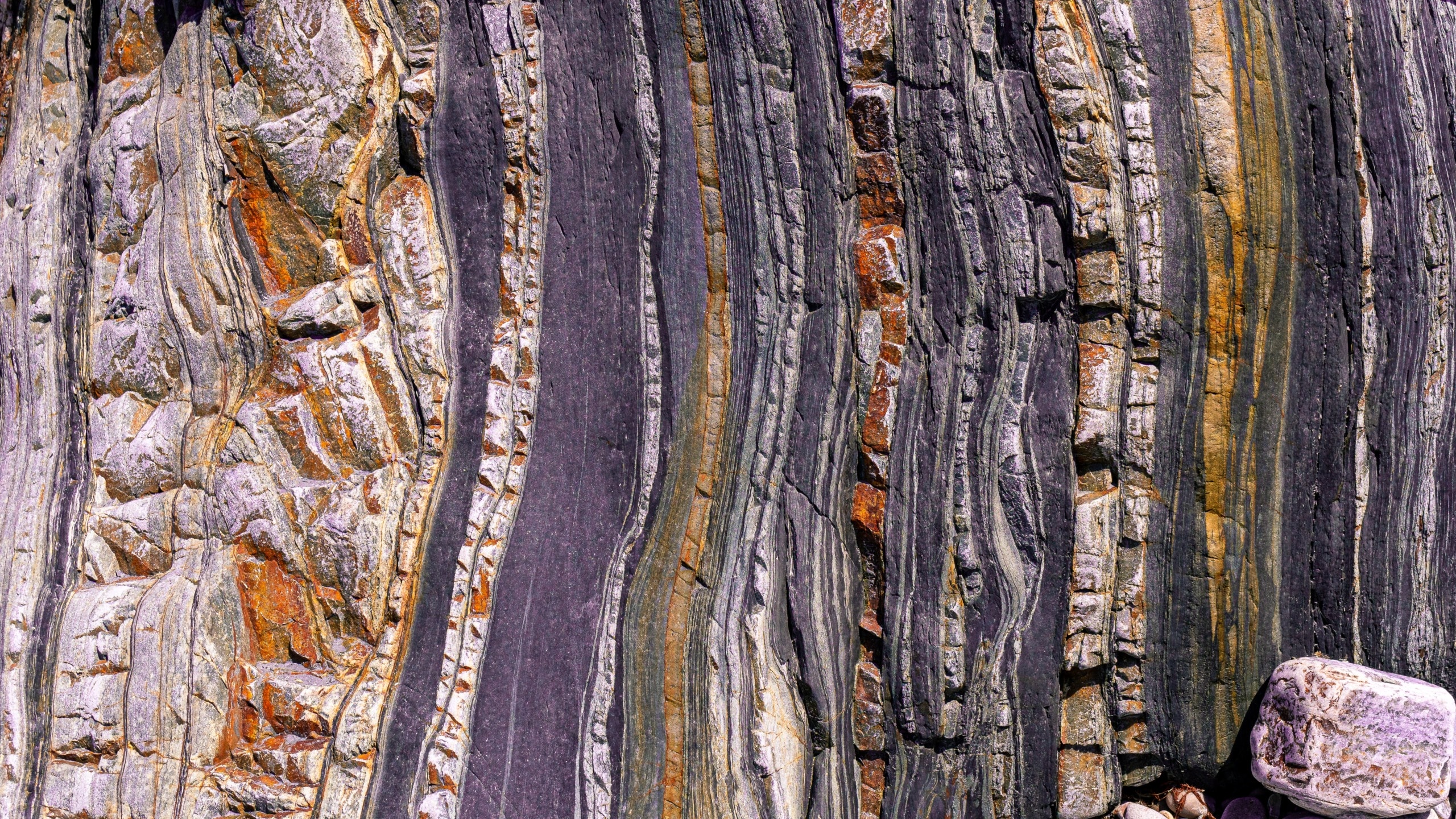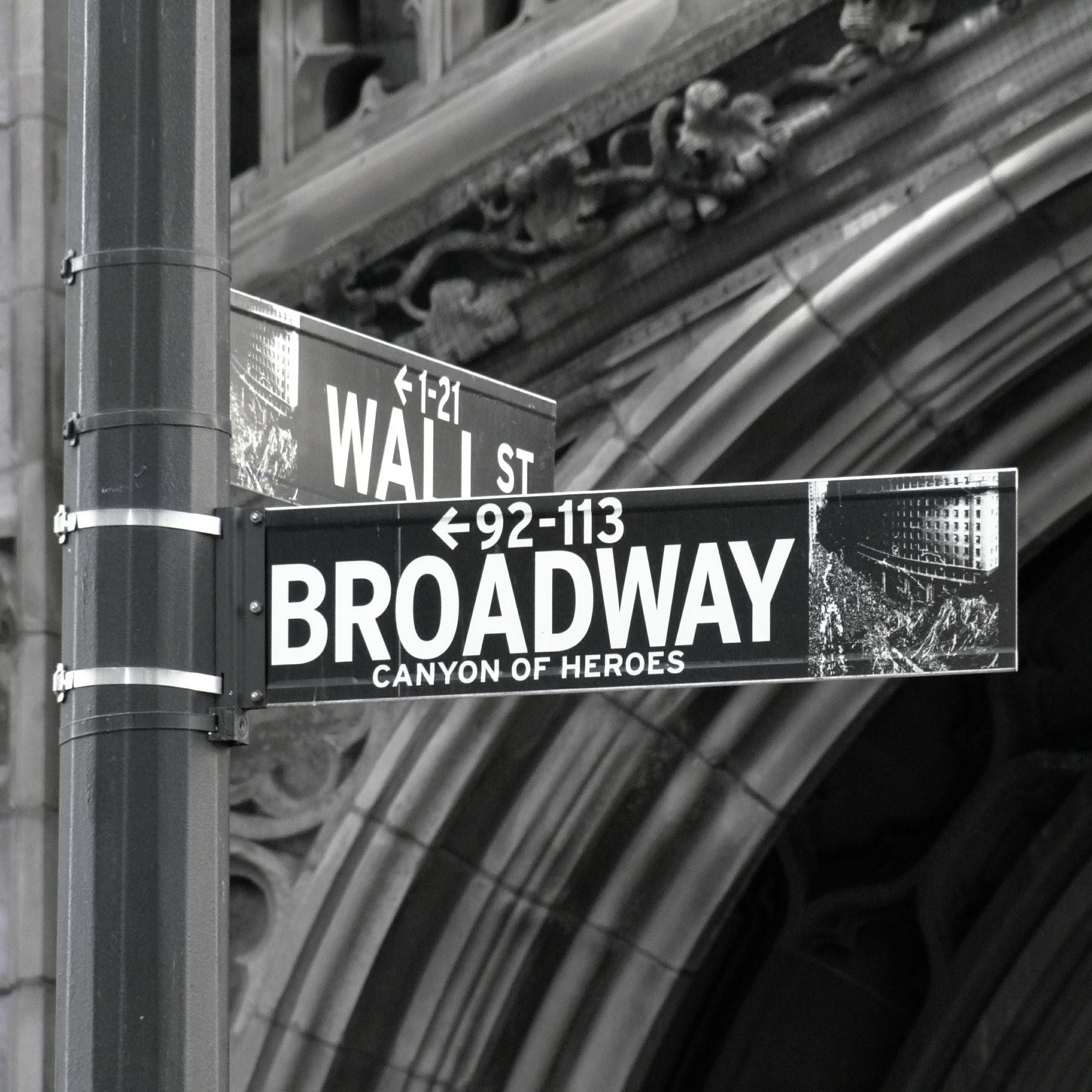As COP26 discussions continue to take place at the Scottish Event Campus in Glasgow containing Scotland’s largest indoor concert venue, the OVO Hydro arena, the music industry is working out a pathway towards their goal of net zero emissions by 2030. The creative and particularly the live entertainment industries have suffered hugely in the past two years as a result of COVID-19. Now, as performances resume, the industry faces another even more pressing concern: climate change.
Over recent years, the music world has made attempts at rising to this challenge. This has included public promises of rethinking music touring to limit its environmental impact. For example, Coldplay recently announced a “sustainable world” tour which will begin in March 2022. And, earlier this year, a series of announcements coordinated by the Music Declares Emergency Collective, challenged the idea that the music industry was not taking the climate emergency seriously enough.
The Collective is not alone. Big names in the industry such as Massive Attack, Ellie Golding and Radiohead have also spoken about the climate crisis and the urgent action that needs to be taken by musicians to ensure the industry’s environmental impact is reduced.
The creative industries as drivers of change
In the preface to “The Picture of Dorian Gray”, Oscar Wilde wrote that “all art is quite useless”. Wilde believed that art need not express anything but itself. However, I am a firm believer in the philosopher Parmenides’s “Ex nihilo nihil fit” or “nothing comes from nothing”, meaning no art form can exist in a vacuum. The arts have always been influenced by something or are even unconsciously expressing something external to the art itself. With art’s ability to embody societal contexts, values or ideas, comes its ability to instigate change.
At this moment in time, the creative industries have the ability to harness current climate debates into art and become drivers of powerful and essential change as well as rethinking the way they themselves operate. If creative industries, particularly forms of live entertainment, fail to do this, they risk falling further from relevance in today’s society.
Now live from the #COP26 Green Zone: "How Can Art and Culture Accelerate a Just Transition?" with @apathysuckseggs @yazmany @browngirl_green @favianna. Tune in https://t.co/eL6B3YTXJf
— Little Sun (@LittleSunOrg) November 4, 2021
Several live performances will be taking place in and around COP26 which demonstrate the value of art to respond to and challenge contemporary concerns. For example, the Royal Scottish National Orchestra will be marking the climate conference with a series of performances addressing the climate crisis during the two-week summit. The performances will explore the natural world and climate with works such as Dvořák’s New World Symphony, and Ustwolskaja’s Dies irae. Yesterday, the orchestra released a live concert recording featuring Haydn’s The Creation.
At COP26 itself, the Green Zone is hosting 200 live events, including exhibitions and cultural performances, to “listen, learn and celebrate climate action”. The line-up includes performances from the RSNO’s Junior Chorus, the Children’s Eco Choir, and a performance of Nick Drake’s play, “The Farewell Glacier”. These events, many of which are being broadcasted on the COP26 YouTube channel, demonstrate the centrality of current climate concerns amongst a huge range of performers and the diversity of ways in which people can respond to the events at COP26.
The music performance by Musicians in Exile at COP26 on Monday was particularly telling for discussions taking place at the summit concerning the globalisation of efforts to reduce the impacts of climate change. Musicians in Exile is a Glasgow-based band whose members are all asylum seekers and refugees. The group “provides free instruments, rehearsal space, travel expenses and gigs to Scotland’s most vulnerable musicians”. Monday’s performance involved a set of new songs with their roots in countries including Zimbabwe, Chile, Syria and India, all around the theme of climate change’s impact on refugees.
Refugees, internally displaced people and the stateless are on the frontlines of the climate emergency. The UNHCR has said that many refugees are living in “climate hotspots where they typically lack the resources to adapt to an increasingly hostile environment”. Much like the discussions taking place for richer countries to donate more money to developing countries to adapt to the environmental impact of climate change, refugees must not be overlooked. The performance by an increasingly successful group, Musicians in Exile, has the potential to bring attention to and challenge world leaders as well as the wider population to think of refugees in discussions surrounding COP26.
The music industry’s pledge to cut emissions prior to COP26
All 13 association members of LIVE committed to the Beyond Zero Declaration, to deliver measurable and targeted action on climate change, with the aim of reaching net zero emissions across the sector by 2030. LIVE Green was set up to support the live music industry’s transition to a “regenerative future”. Its services include a free-to-access resource hub and an industry-wide measurement of CO2 emissions which will become very useful for performers who wish to measure the environmental impact of their events.
Related Articles: Coldplay On A ‘Sustainable World Tour’ in 2022 | COP26: Can Rhetoric be Transformed into Action
Actions that have been taken so far involve the musician bookings platform, Encore Musicians, announcing that they want to be the most climate-friendly way to book musicians in the world. In a recent statement, Head of Growth at Encore Musicians, Jonny Venvell, said that he is “painfully aware that we’re responsible for thousands of kgs of CO2 going into the atmosphere every year – mostly in the form of emissions from musicians travelling to gigs”. They have outlined plans to completely offset the carbon for each artists’ travel emissions. It remains to be seen whether the entire industry will follow the lead of artists and agencies who are already working towards the goal of net zero carbon emissions and how long it will take to get there.
From today, Encore is now THE MOST CLIMATE-FRIENDLY WAY TO BOOK LIVE MUSICIANS IN THE WORLD. 🌏
🚙 We double offset the carbon emissions of every musician travelling to every Encore booking
🌳 We plant a tree for every booking.
We've planted 2,800 trees in just 10 weeks … pic.twitter.com/eqXpg8ekIk
— James McAulay (@thejamesmcaulay) October 28, 2021
The pandemic was a crushing blow to the live entertainment industry. COP26 is offering the music industry a way forward, bringing home the need to address the climate issue, something we must all do – as musicians and as their audience. The music industry must adapt the way it operates in order to be part of instigating positive change and remaining successful and relevant in the future.
Editor’s Note: The opinions expressed here by Impakter.com columnists are their own, not those of Impakter.com. — In the Featured Photo: Misterwives – The Scrapbook Tour / Columbus, OH – LC Pavilion. Featured Photo Credit: Kristopher Perez.














